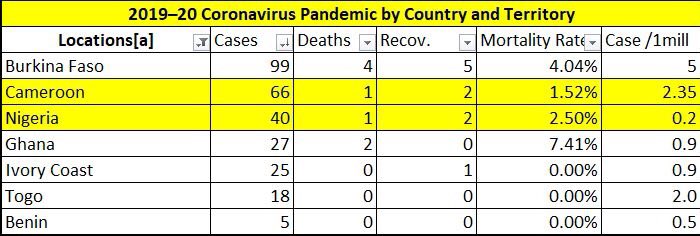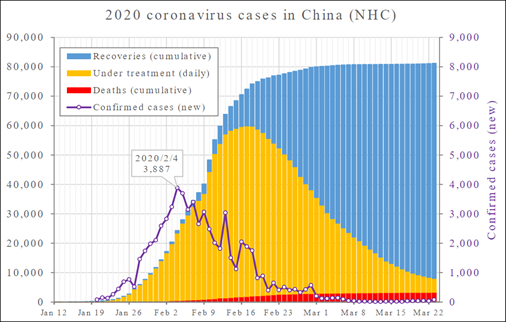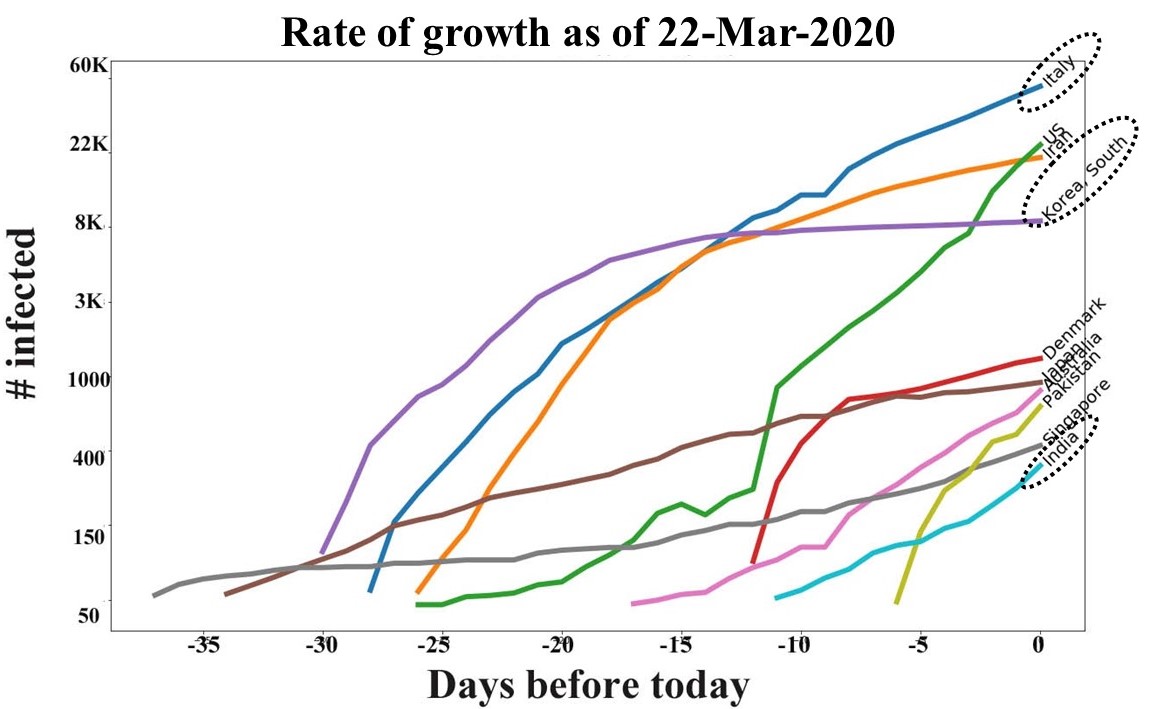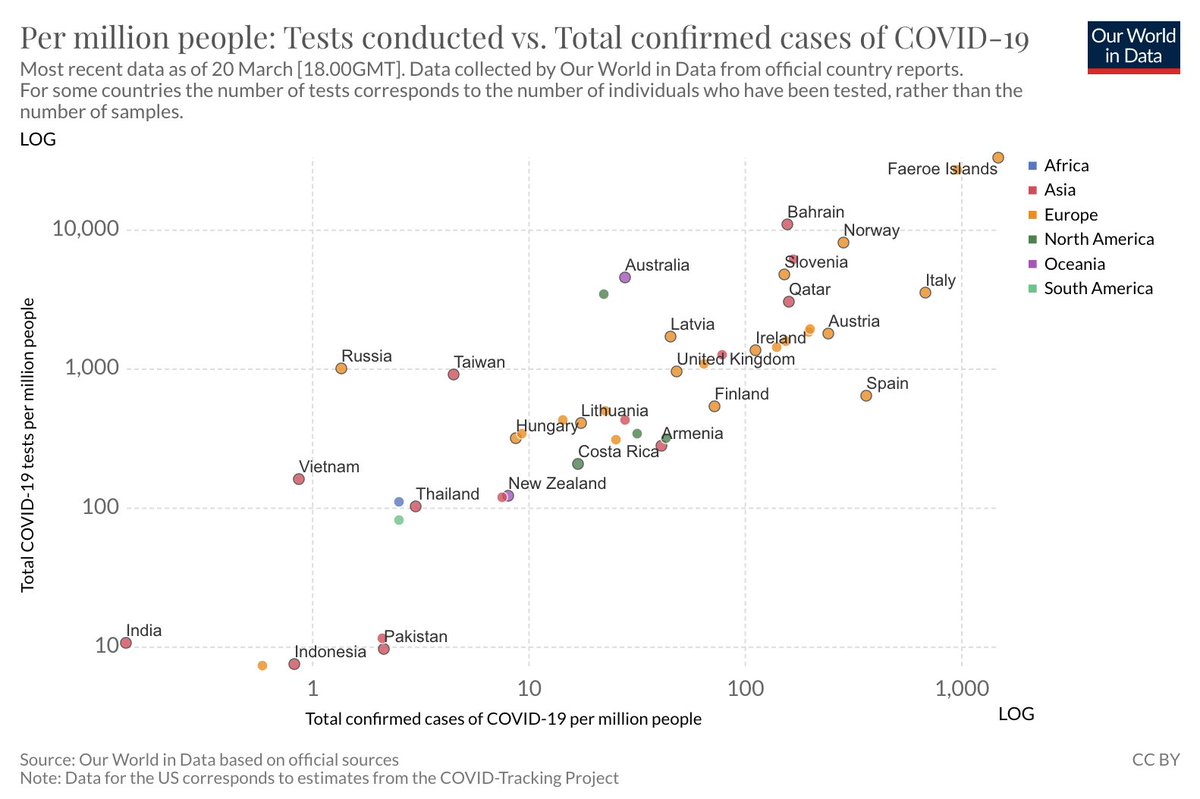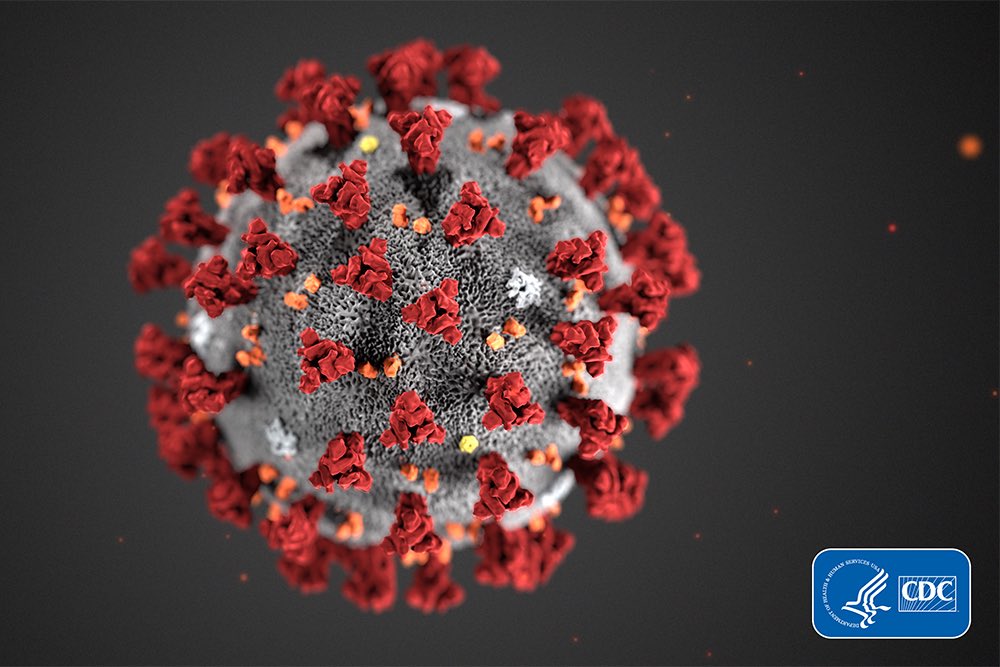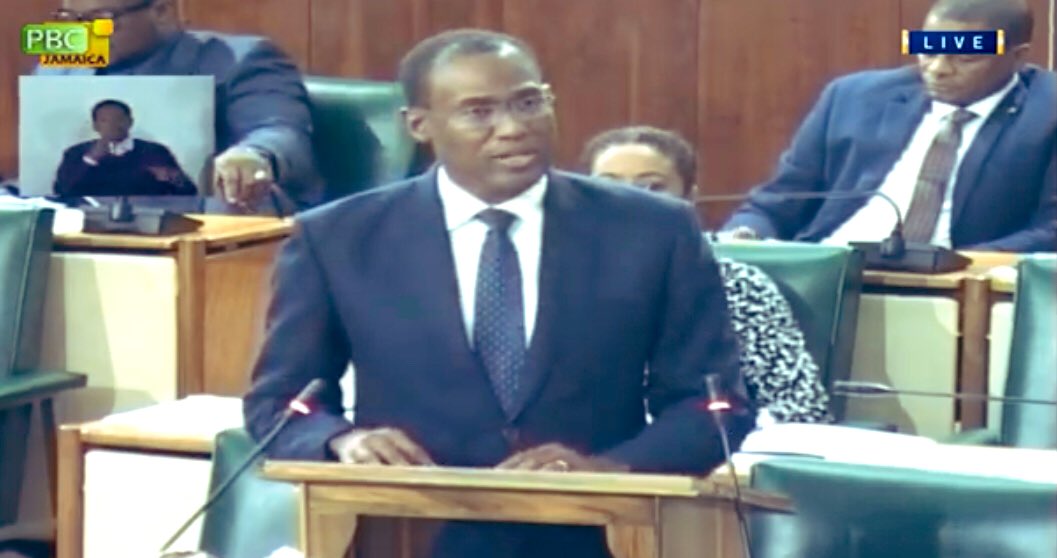I was saddened as results of confirmed cases of COVID-19 were reported around the world. I was pleasantly surprised though at the low incident rate reported in Nigeria. That emotion has since given way first to skepticism and now
There is something unsettling about the COVID-19 test results from Nigeria: the numbers just don’t make sense.
First, the reported numbers are rather low for our country size and also for the amount of travel that takes place (in) directly between Nigeria &
At the time of writing, Nigeria had recorded only 40 cases in total. That record becomes more stark when viewed per 1M population (per capita measure) around the world. Table 1: Confirmed case by country and territory
Secondly, the reported cases in Nigeria seem rather muted when compared to our West African ‘neighborhood’.
Pandemic Trendlines
Around the world the pandemic is being tracked by a logarithmic graph / trend line showing the change (increasing or decreasing)
Source: By Phoenix7777 - Own workData source: 疫情通报 Outbreak notification, CC BY-SA 4.0, commons.wikimedia.org/w/index.php?cu…
The chart above shows that china has peaked and incidents rates have dropped off almost to zero.
The first case in Nigeria was recorded on 27th February: same day as Estonia, Denmark, Northern Ireland &Netherlands.
On Feb 28: Lithuania & Wales reported their first cases & on March 2 Saudi Arabia did.
Viewed by any metric, Nigeria is an outlier and the most plausible explanation for this is not good fortune but a failure to test.
As far as i have seen reported, except for one case carriers in Nigeria were already symptomatic when tested.
This indicates that there may be twice as many carriers than reported already in Nigeria (conservatively)!
We should be scared!
We should be very scared!!
So far they are self-isolated and asymptomatic however this doesn’t mean that they are not carriers.
Relying solely on symptoms has limited effectiveness because of the lost time as a result of the incubation period of 2 – 12 days
Age: Nigeria’s Mitigating Factor
The median age of the Nigerian populace is 18.4 years (Wikipedia / CIA World Factbook 2018 est.[3])
As a mitigation to COVID-19, this is beneficial as youth positively correlates with chances of survival. This however doesn’t consider underlying medical conditions such as diabetes, cancer and asthma (think Port Harcourt Soot).
Incidentally, the political elite currently pulling the levers of government and presiding over the national response to this pandemic are more elderly.
